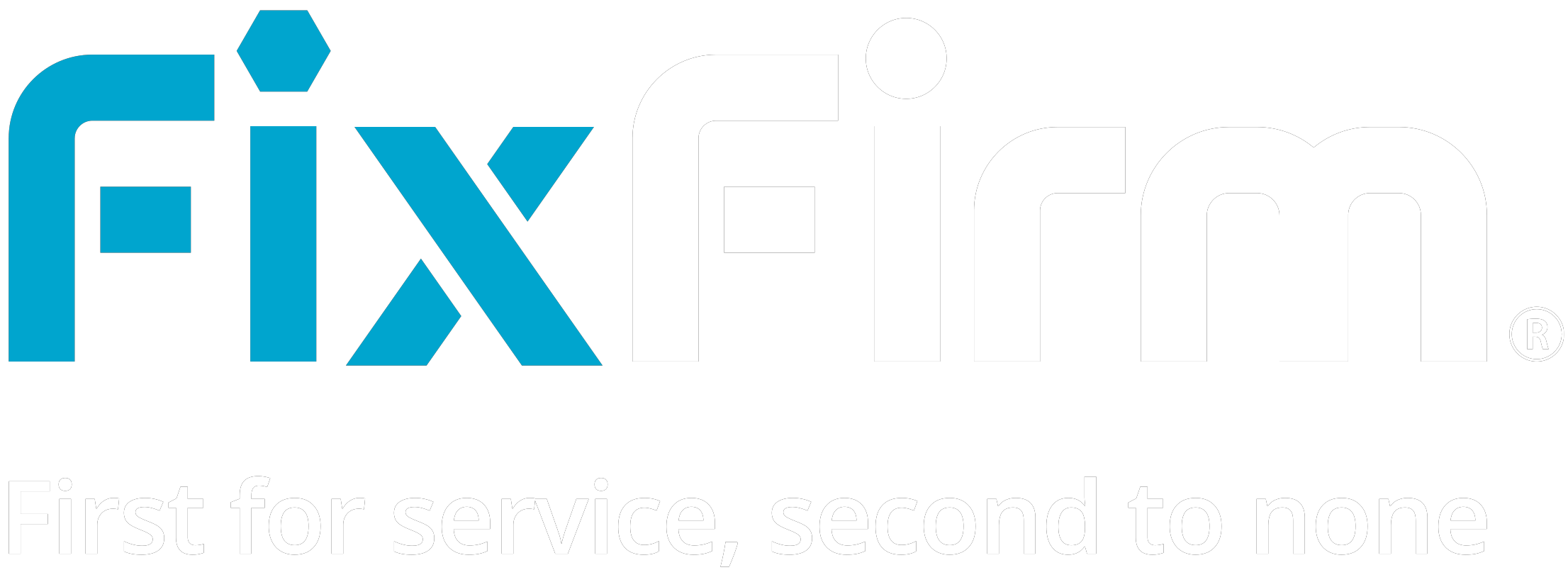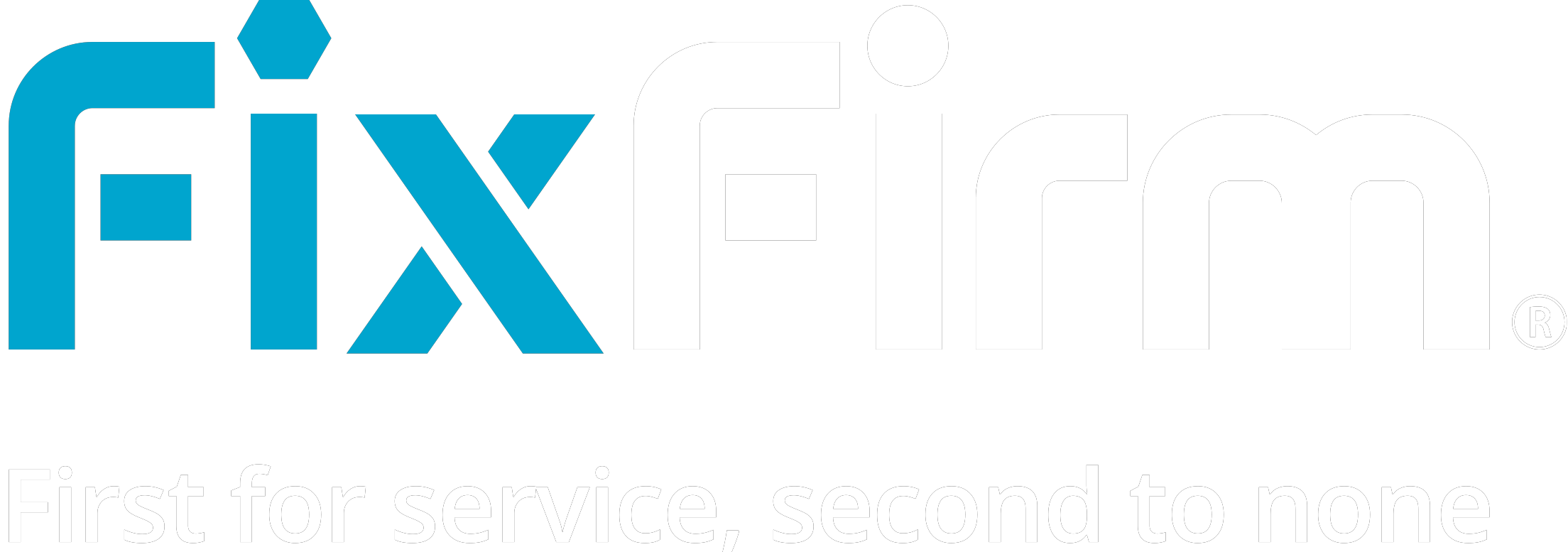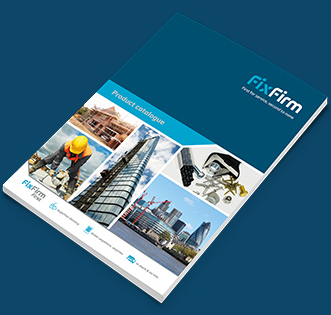In the ever-evolving field of construction, innovation has become the name of the game. One such innovation that has been gaining traction in recent years is modular construction. This approach offers a host of benefits, from cost efficiency to faster project timelines. However, not all modular construction is created equal. We will delve into the different types of modular construction methodologies to help you better understand this exciting trend.
Volumetric Modular Construction
Volumetric modular construction is often what comes to mind when people think of modular building. In this method, entire sections or "volumes" of a building are constructed in a factory setting. These volumetric modules can include complete rooms or sections of a building, such as bathrooms or kitchens. Once completed, they are transported to the construction site and assembled like building blocks.
Advantages
- High degree of precision and quality control in a controlled factory environment.
- Faster on-site assembly compared to traditional construction.
- Minimal site disruption during installation.
Panelised Modular Construction
Panelised construction is another modular methodology where building components are constructed off-site but in smaller sections or panels. These panels typically consist of walls, roofs, and floors, and they are transported to the site for assembly. Unlike volumetric construction, panelised construction involves assembling individual panels on-site rather than complete modules.
Advantages
- Greater design flexibility as panels can be customised.
- Allows for easier transportation and handling of individual panels.
- Can be a cost-effective option for certain building types.
Hybrid Modular Construction
Hybrid modular construction combines elements of both volumetric and panelised methods. In a hybrid approach, some parts of the building may be constructed volumetrically, while other sections are panelised. This approach provides a higher degree of flexibility and customisation, allowing for the integration of traditional construction methods where needed.
Advantages
- Combines the benefits of both volumetric and panelised approaches.
- Enhanced design possibilities.
- Can adapt to specific project requirements.
Precast Concrete Modular Construction
Precast concrete modular construction takes advantage of the durability and strength of concrete. In this method, concrete components such as walls, columns, and beams are precast in a factory and then transported to the construction site. These elements are then assembled into the final structure.
Advantages
- Exceptional durability and resistance to environmental factors.
- Ideal for structures requiring high load-bearing capacity.
- Long lifespan with minimal maintenance.
Steel Modular Construction
Steel modular construction involves the use of steel frames and components to create modular building sections. Steel is known for its strength and versatility, making it a popular choice for various construction projects.
Advantages
- Excellent structural integrity and durability.
- Lightweight yet strong, allowing for taller and more complex buildings.
- Speedy construction due to ease of assembly.
Timber Modular Construction
Timber modular construction uses wood as the primary building material. Timber has been gaining popularity due to its sustainability and aesthetic appeal. In this method, wooden modules or panels are manufactured off-site and then assembled at the construction site.
Advantages
- Environmentally friendly and sustainable.
- Provides a warm and natural aesthetic.
- Lightweight and easy to work with.
Modular construction methodologies offer a versatile and efficient way to build structures across various industries. Choosing the right method depends on factors such as project size, design requirements, and budget constraints. As the construction industry continues to evolve, these modular approaches will likely play an increasingly prominent role in shaping the buildings of the future. If you're considering modular construction for your next project, it's essential to work with experienced professionals and suppliers like FixFirm to ensure a successful and efficient outcome.
BACK TO ARTICLES

